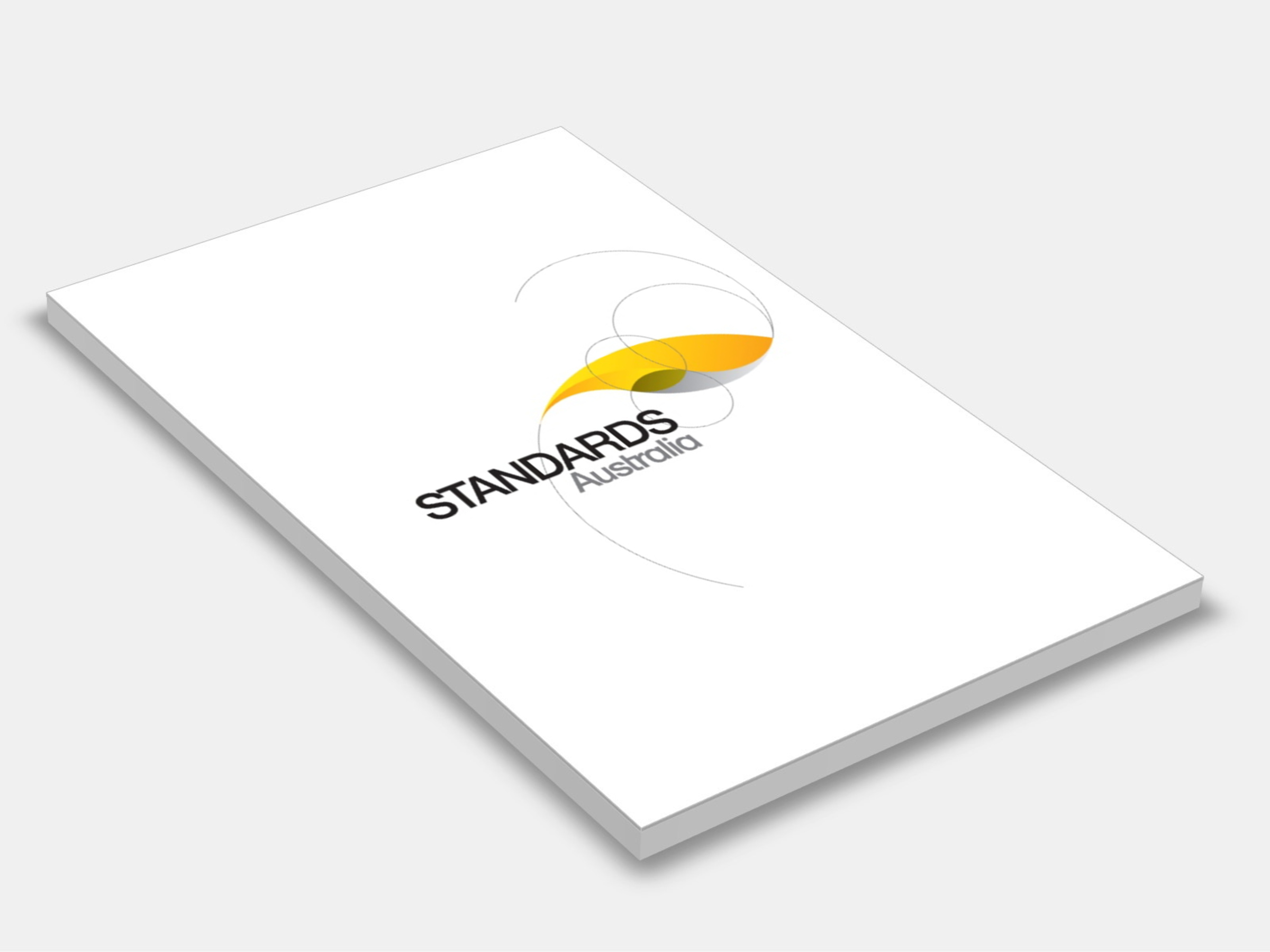
Type
Publisher
Standards Australia
Publisher
Standards Australia
Version:
Third Edition 2002.
(Current)
Short Description
Provides a method for the measurement of airborne sound reduction index to building partitions such as walls, floor/ceiling assemblies, doors, windows and other space dividing elements.
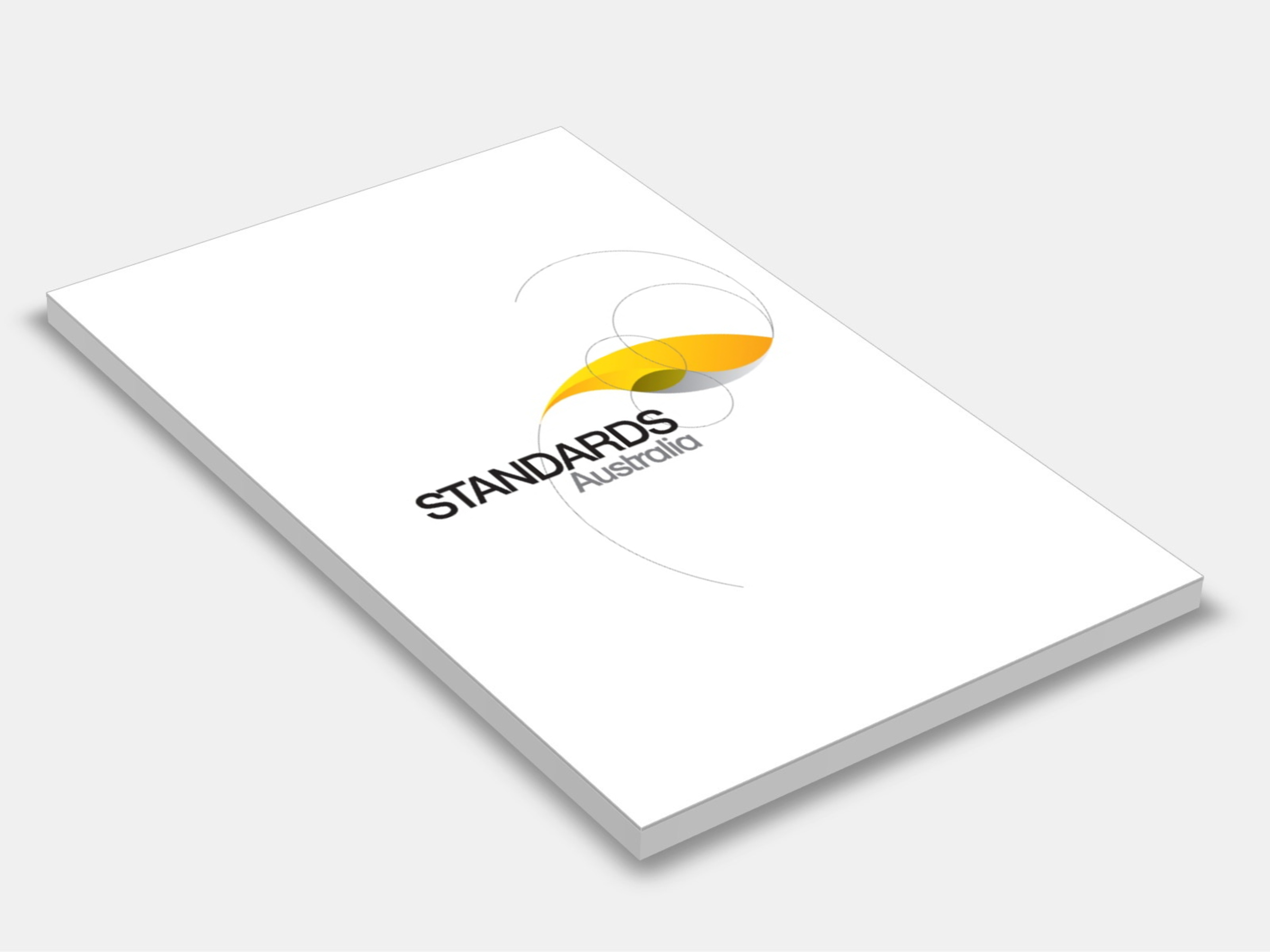
Type
Publisher
Standards Australia/Standards New Zealand
Publisher
Standards Australia/Standards New Zealand
Version:
Second Edition 2016.
(Current)
Short Description
Recommends design criteria for conditions affecting the acoustic environment within building interiors to ensure a healthy, comfortable and productive environment for the occupants and the users.
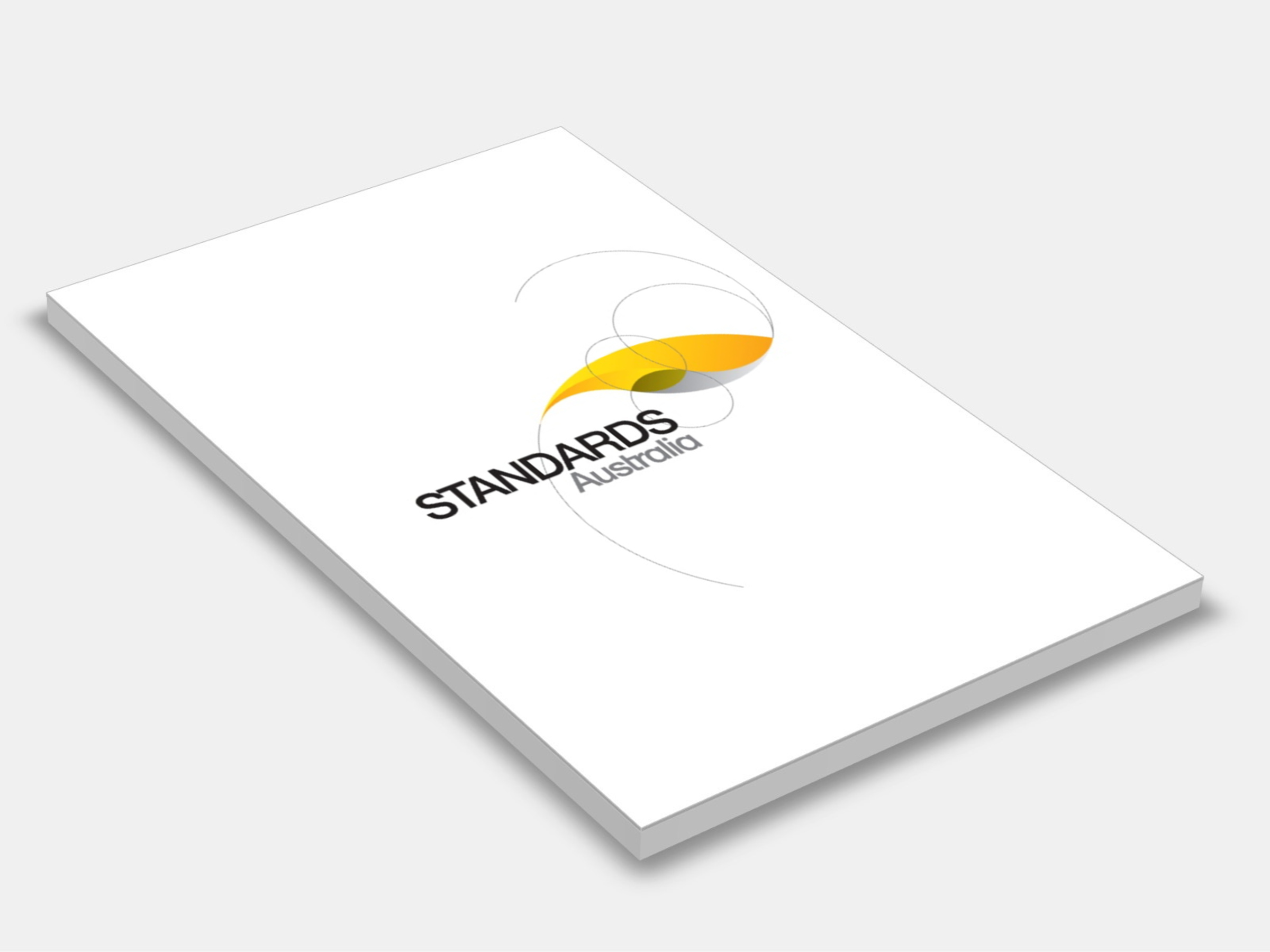
Type
Publisher
Standards Australia
Publisher
Standards Australia
Version:
Sixth Edition 2001.
(Current)
Short Description
Specifies the criteria for the selection of portable fire extinguishers and the requirements for their application, location and distribution.
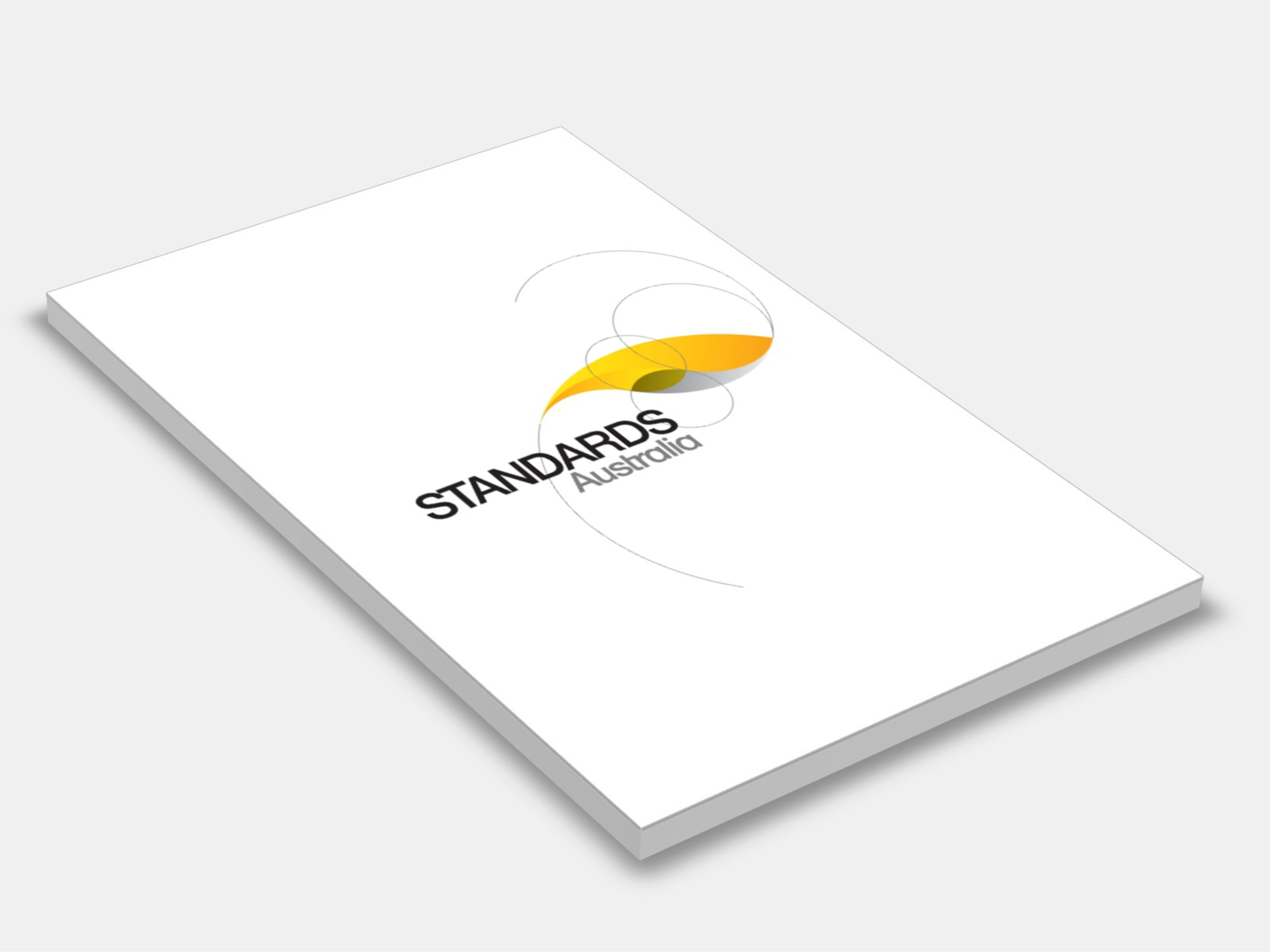
Type
Publisher
Standards Australia/Standards New Zealand
Publisher
Standards Australia/Standards New Zealand
Version:
First Edition 2022.
(Current)
Short Description
Specifies requirements for electrical installations associated with connectable electrical installations used for the purposes of accommodation, habitation or other residential, commercial purposes or recreational uses that are intended for connection to external low voltage a.c. supply systems (i.e. 50 V a.c. to 1000 V a.c.) by either a detachable supply lead or a supply lead directly connected to the connectable electrical installation; includes requirements and provides guidance for the installation of extra-low voltage systems (i.e. less than 50 V a.c. or 120 V d.c. ripple free).
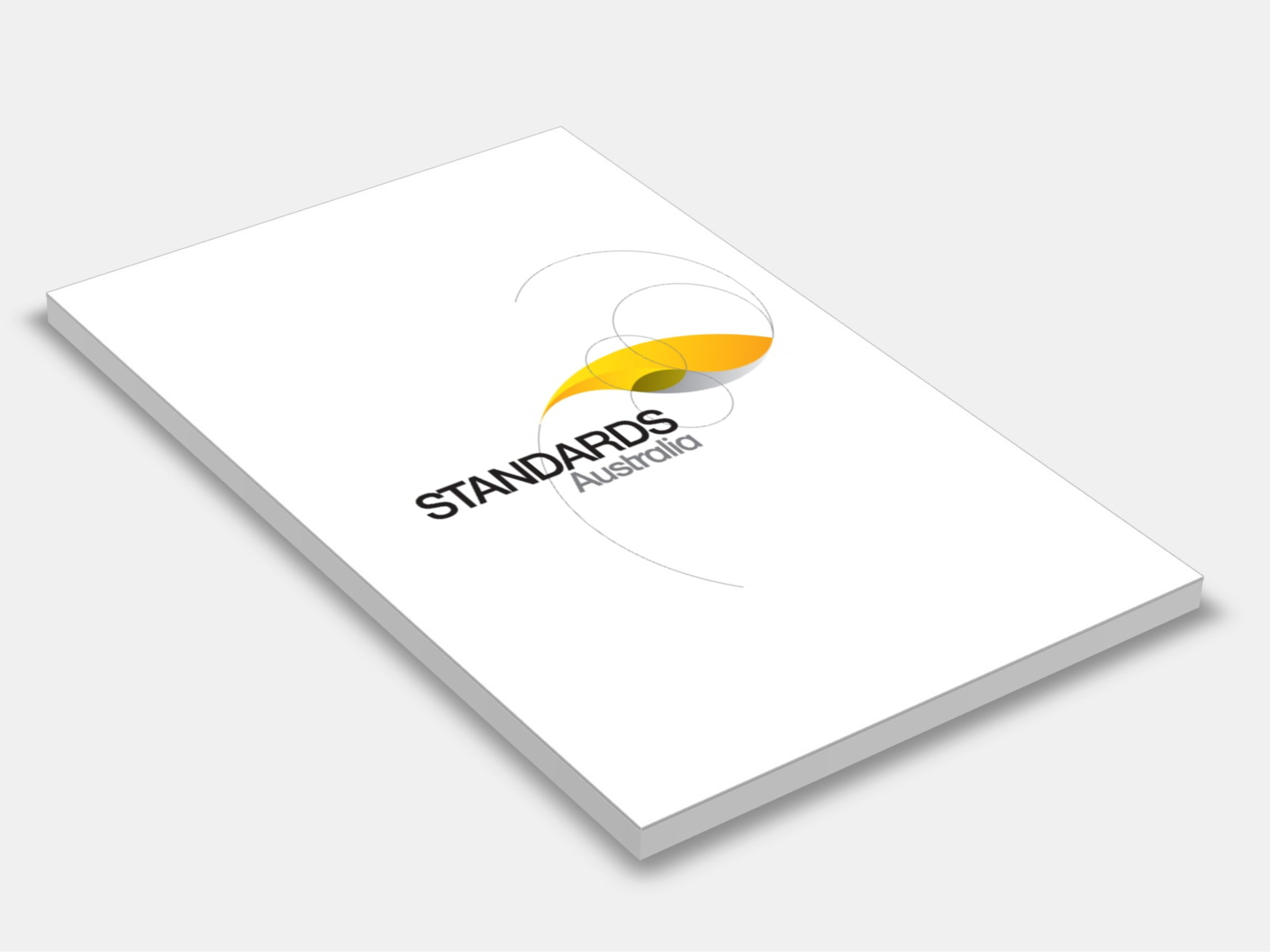
Type
Publisher
Standards Australia/Standards New Zealand
Publisher
Standards Australia/Standards New Zealand
Version:
First Edition 2019.
(Current)
Short Description
Specifies requirements for general installation and safety requirements for battery energy storage systems (BESSs), where the battery system is installed in a location, such as a dedicated enclosure or room, and is connected with power conversion equipment (PCE) to supply electric power to other parts of an electrical installation.
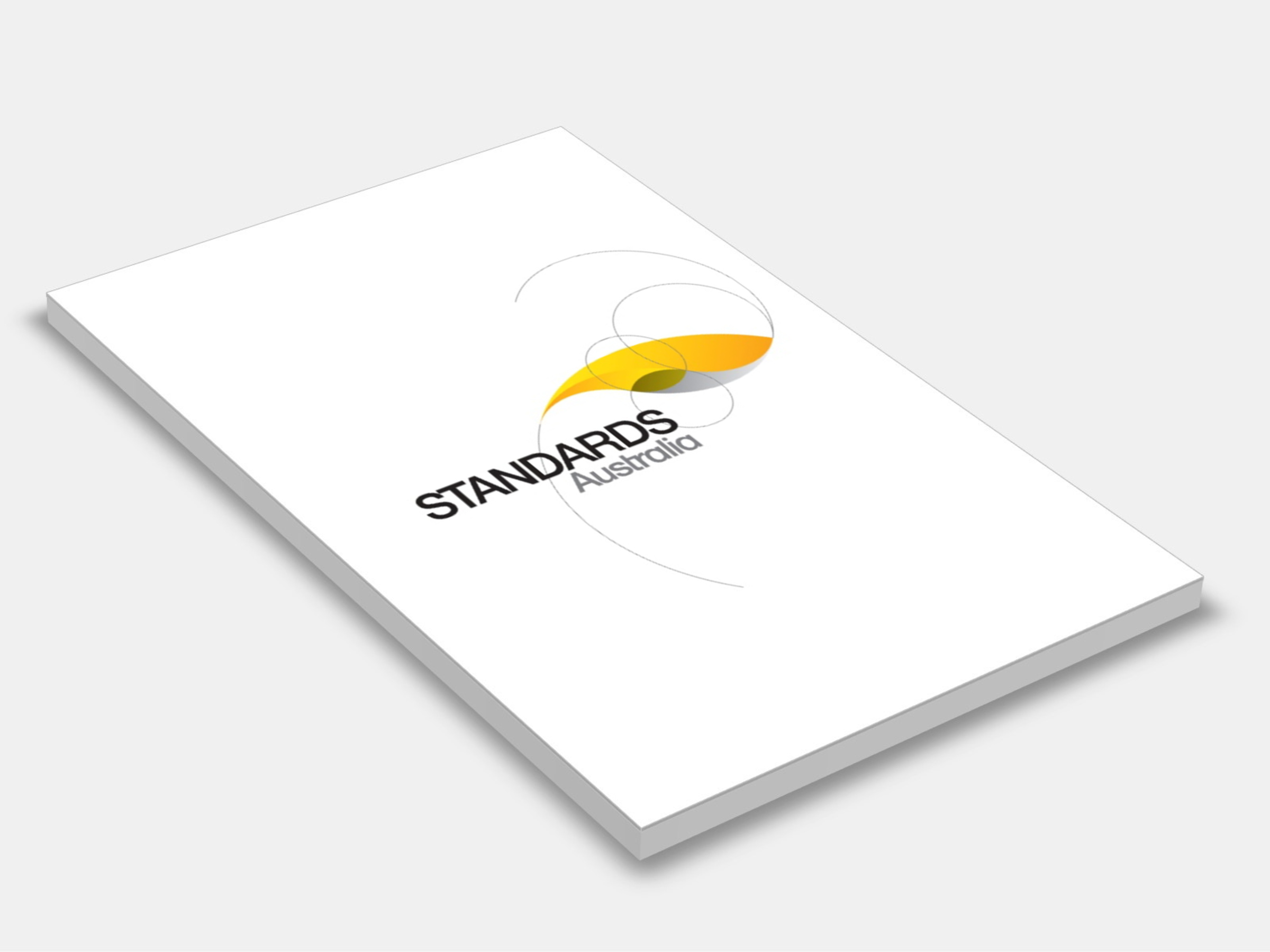
Type
Publisher
Standards Australia/Standards New Zealand
Publisher
Standards Australia/Standards New Zealand
Version:
Fourth Edition 2021.
(Current)
Short Description
Sets out general installation and safety requirements for electrical installations of PV arrays, including d.c. array wiring, electrical protection devices, switching and earthing provisions.
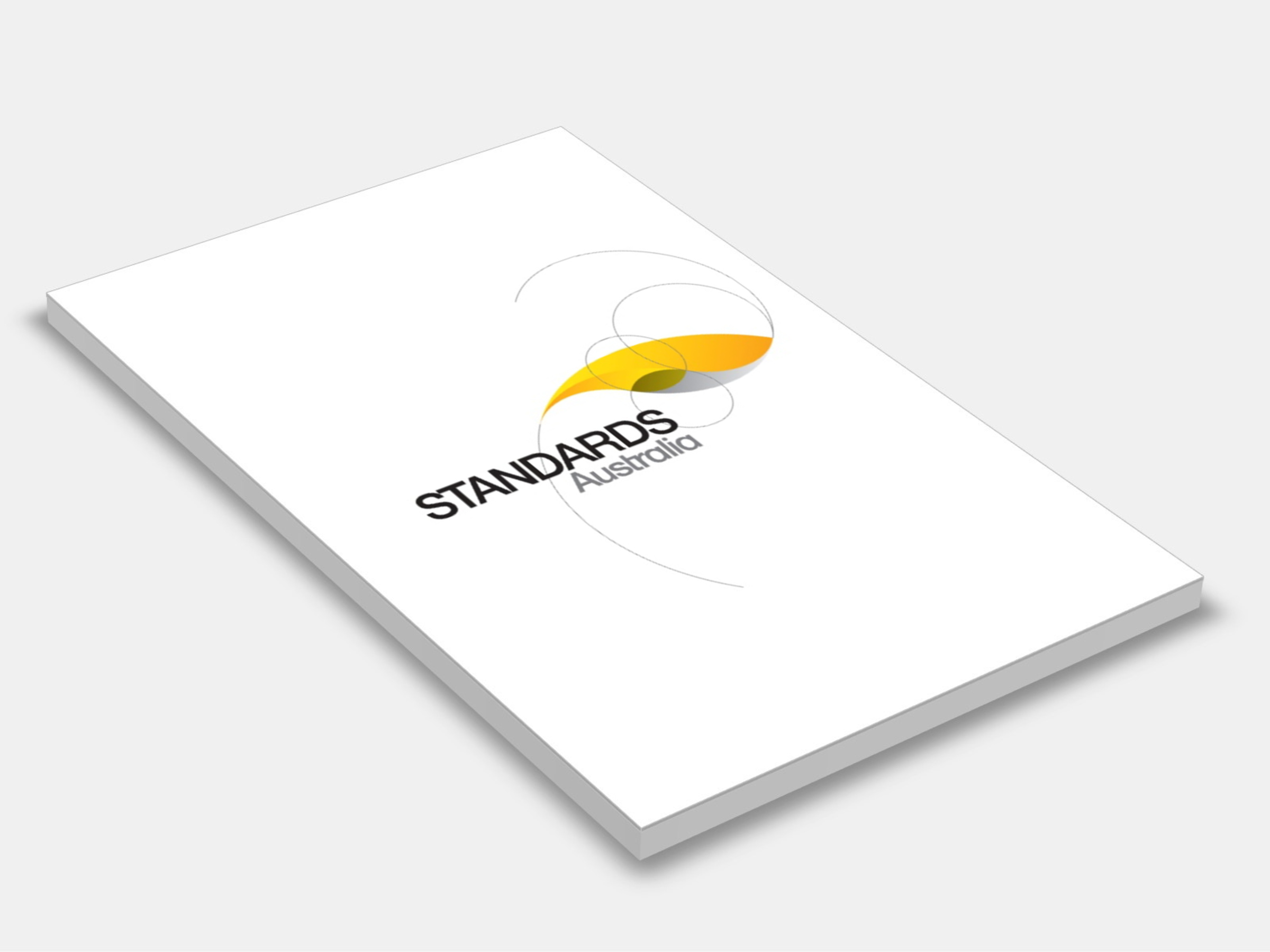
Type
Publisher
Standards Australia/Standards New Zealand
Publisher
Standards Australia/Standards New Zealand
Version:
Third Edition 2018.
(Current)
Short Description
AS NZS 3000 2018 (known as the Australian/New Zealand Wiring Rules) specifies requirements for the design, construction and verification of electrical installations, including the selection and installation of electrical equipment forming part of such electrical installations; part 1 provides provisions that constitute the minimum regulatory requirements for a safe electrical installation; part 2 provides work methods and installation practices that are ‘deemed to comply’ with the requirements of Part 1.

Type
Publisher
Standards Australia/Standards New Zealand
Publisher
Standards Australia/Standards New Zealand
Version:
Third Edition 2020.
(Pending Revision)
Short Description
Specifies requirements and means of conformance for the design, installation and commissioning of LP Gas installations in caravans and boats for non-propulsive purposes.
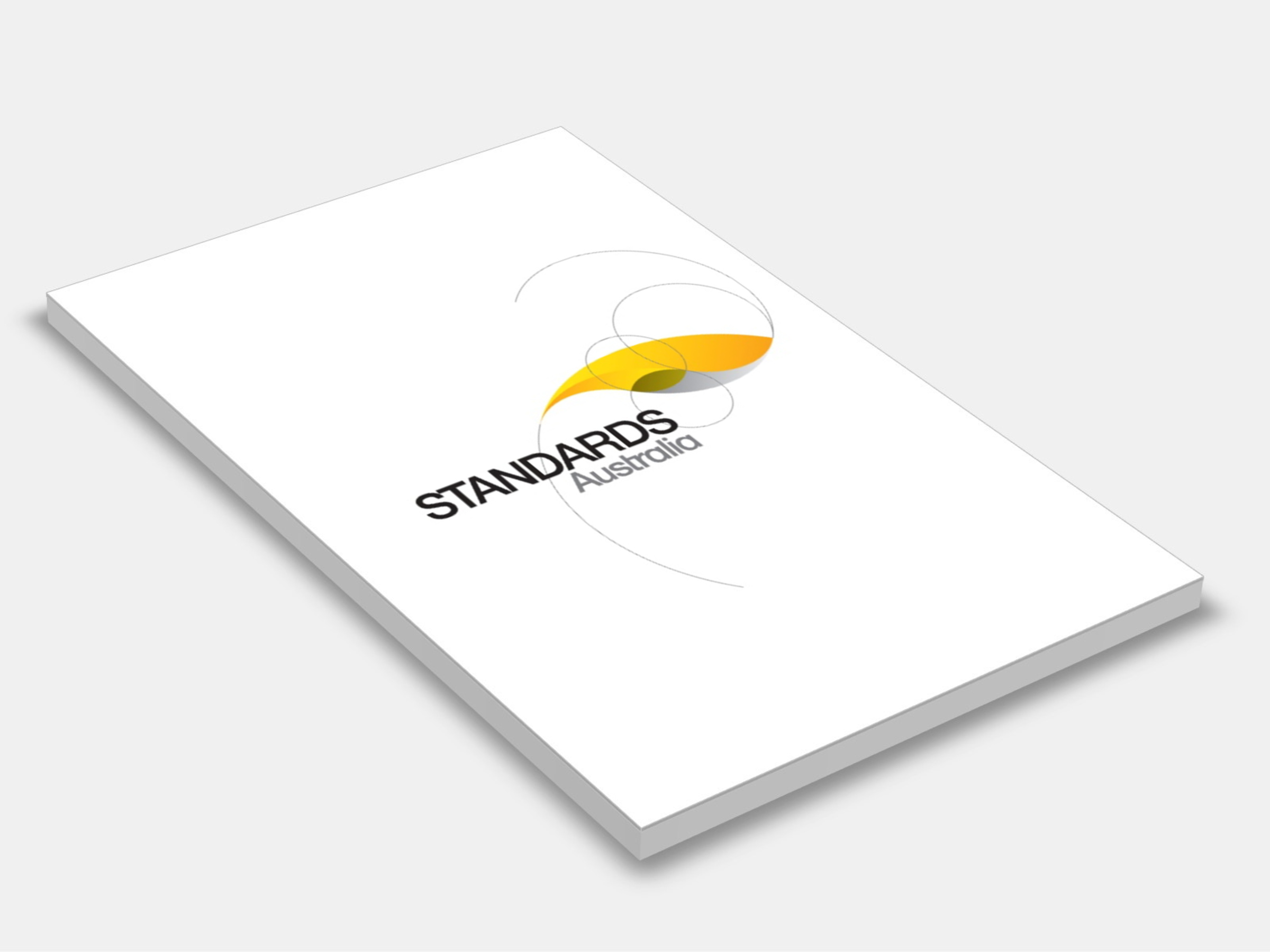
Type
Publisher
Standards Australia
Publisher
Standards Australia
Version:
Second Edition 2004.
(Pending Revision)
Short Description
Specifies the designation and design requirements for safety chains for use with trailers and caravans of up to 3.5 t aggregate trailer mass, for use on public roads.
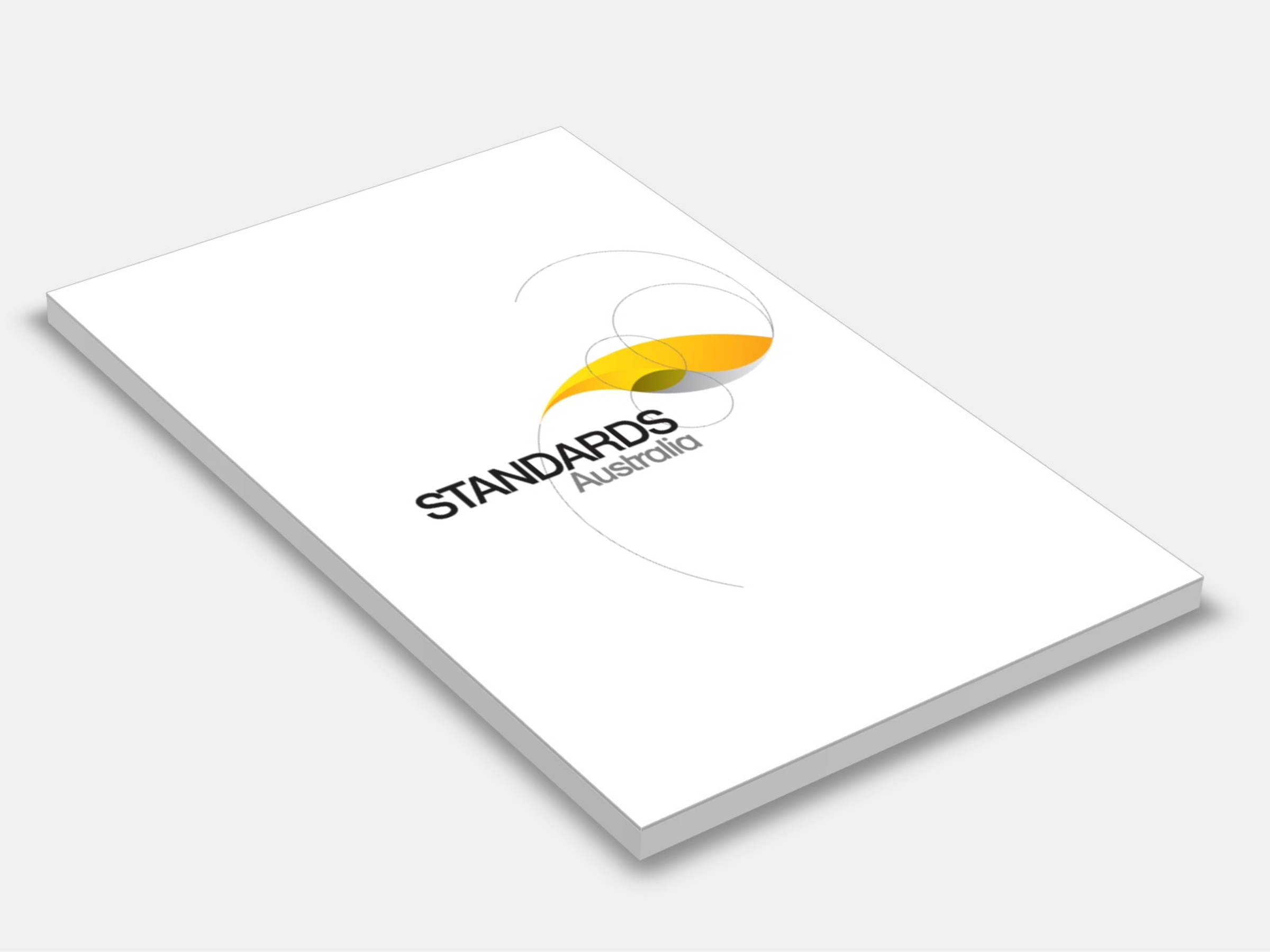
Type
Publisher
Standards Australia/Standards New Zealand
Publisher
Standards Australia/Standards New Zealand
Version:
Fifth Edition 2014.
(Current)
Short Description
Specifies requirements for the welding of steel structures made up of combinations of steel plate, sheet or sections, including hollow sections and built-up sections, or castings and forgings; also known as AS1554 Structural steel welding.